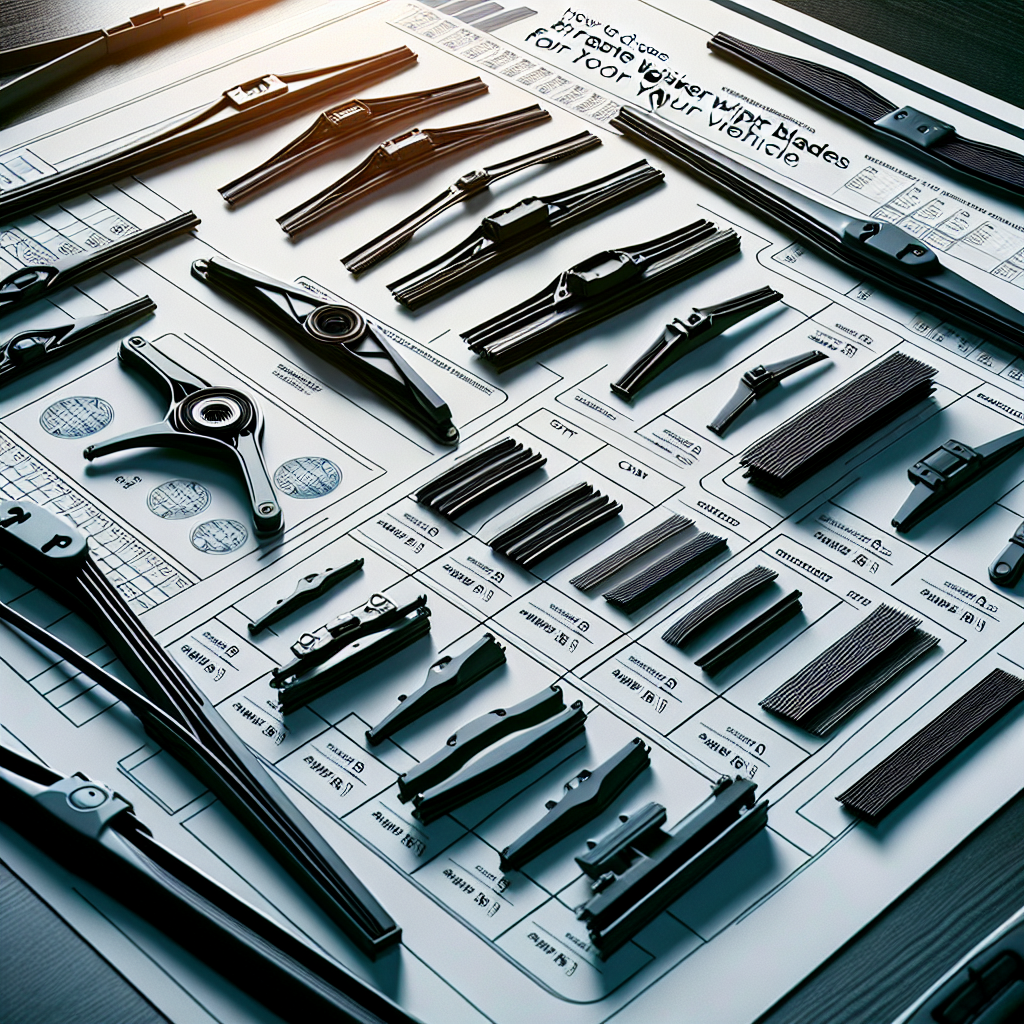The American car sales market is a dynamic landscape that constantly evolves, shaped by a variety of factors including consumer preferences, technological advancements, and global economic conditions. Beyond the glamour and the noise, it is essential to delve deeper into the current market trends to understand what truly drives this massive industry.
Electric Vehicles (EVs) Leading the Charge
One of the most significant trends in the American car sales market is the rapid adoption of electric vehicles. The push for greener and more sustainable transportation solutions has gained enormous momentum. Consumers are increasingly prioritizing eco-friendly options, driven by growing environmental concerns and supportive government policies. As a result, major automakers are expanding their electric vehicle lineups, investing heavily in research and development to improve battery technology, and working to make EVs more affordable and accessible.
For instance, Tesla has been a pioneer in this space, but now other giants like Ford, General Motors, and even Volkswagen are stepping up their game. The introduction of models like the Ford Mustang Mach-E and the Chevrolet Bolt EV exemplifies this shift. According to a report by Bloomberg, EVs are expected to account for 58% of global passenger car sales by 2040.
Shift Towards SUVs and Crossovers
Another notable trend in the American car market is the increasing preference for SUVs and crossovers over traditional sedans. This shift is primarily attributed to the versatility, space, and perceived safety that SUVs offer. They cater to a wide range of consumer needs, from urban driving to off-road adventures, making them a popular choice among a diverse demographic.
Automakers are responding to this demand by expanding their SUV and crossover portfolios. Even luxury car brands are tapping into this trend, offering high-end SUVs with features that appeal to affluent buyers. This segment’s popularity is not just a passing fad but is expected to continue growing as manufacturers innovate and introduce more models with enhanced fuel efficiency, comfort, and advanced safety features.
Rise of Autonomous Vehicles
The development and integration of autonomous driving technology have also become a focal point in the American car market. While fully autonomous cars are not yet commonplace, various levels of autonomy are already being incorporated into new vehicles. Advanced Driver Assistance Systems (ADAS) such as adaptive cruise control, lane-keeping assist, and automated parking are becoming standard features in many models.
Tech giants like Google (through its Waymo project) and Apple are entering the automotive space, collaborating with traditional car manufacturers to bring autonomous driving closer to reality. This trend promises to revolutionize the way we perceive and interact with vehicles, potentially reducing traffic accidents and transforming urban mobility.
Economic Factors and Consumer Behavior
Economic conditions play a pivotal role in shaping car sales trends. Factors such as interest rates, gasoline prices, and employment levels directly influence consumer buying behavior. For example, lower interest rates typically make vehicle financing more attractive, boosting sales. Conversely, economic downturns might lead to a decline in new car purchases, as consumers become more cautious with their spending.
Moreover, the pandemic has had a significant impact on the car market. There has been a noticeable increase in the demand for personal vehicles as people prioritize safety and social distancing. This shift has also fueled the used car market, with many consumers opting for pre-owned vehicles due to their affordability and immediate availability.
Emphasis on In-Car Technology
Modern consumers expect their vehicles to be more than just a mode of transportation; they want them to be an extension of their digital lives. This has led to an increased focus on in-car technology, with features such as advanced infotainment systems, seamless smartphone integration, and real-time navigation becoming highly sought after.
Manufacturers are leveraging cutting-edge technology to enhance the driving experience, offering features like voice-activated controls, over-the-air software updates, and high-speed internet connectivity. These technological advancements not only enhance convenience but also pave the way for future innovations in the automotive industry.
In conclusion, the American car sales market is experiencing transformative trends driven by advancements in technology, changing consumer preferences, and evolving economic conditions. As electric vehicles gain popularity, SUVs and crossovers continue to dominate, and autonomous driving technology inches closer to mainstream adoption, the landscape of the automotive industry will undoubtedly continue to evolve. Staying informed about these trends is crucial for consumers, manufacturers, and stakeholders to navigate the road ahead effectively.


